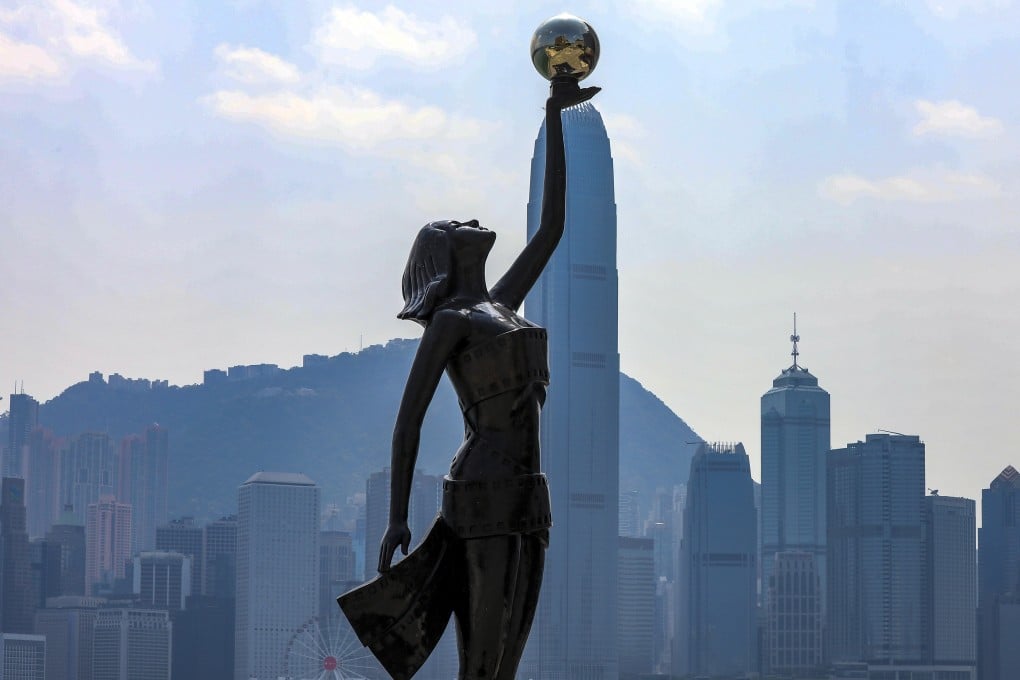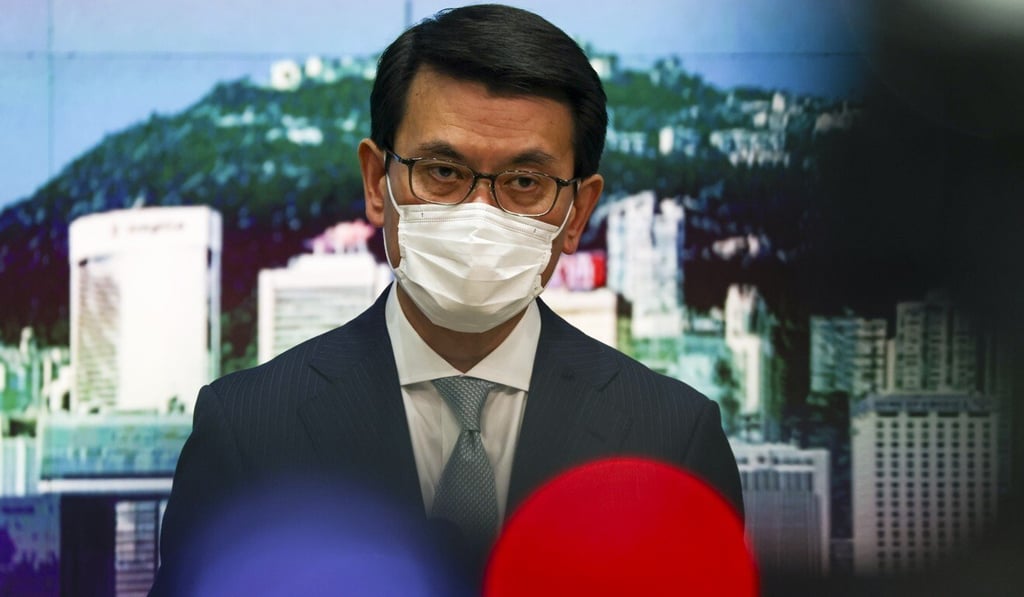National security law: grip tightens on Hong Kong showbiz sector as censorship changes pave way for retroactive ban on films
- Amendments to the city’s Film Censorship Ordinance to be tabled next week at Legco increase maximum jail terms to three years for unauthorised screenings
- ‘Simple and straightforward’ changes to the law intended to ‘prevent acts against national security’, commerce secretary tells afternoon press conference

Hong Kong authorities are tightening their grip on the screening of films with a series of censorship law amendments that will include empowering the city’s No 2 official to ban previously approved productions if they are deemed threats to national security.
The impending changes to the Film Censorship Ordinance will also require official censors to assess the impact of a production on national security in the approval process, while the maximum penalty for unauthorised screenings will be increased to three years in prison and a HK$1 million fine.
The amendments, to be tabled at the Legislative Council next Wednesday, were unveiled on Tuesday by Secretary for Commerce and Economic Development Edward Yau Tang-wah, following up on a heads-up to the film industry in the form of guidelines for censors issued in June.

“The amendments this time are simple and straightforward. The aim is to consolidate our legal foundation regarding film censorship work to prevent acts against national security,” Yau said.
The commerce chief said the usual appeal process through the official board of review could no longer be used to challenge bans imposed on national security grounds, and his office would be able to delay the vetting of films for up to 28 days if necessary. However, filmmakers could still appeal by asking the courts for a judicial review.